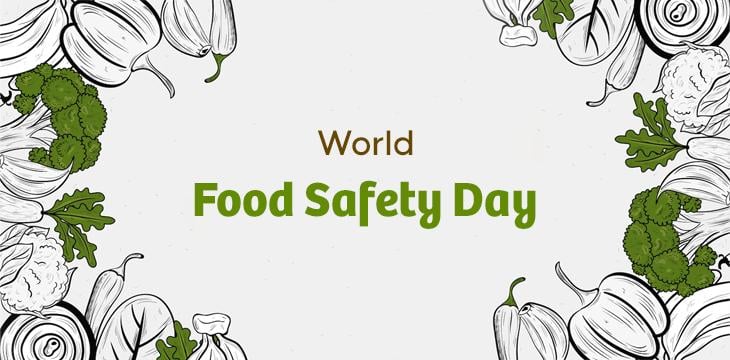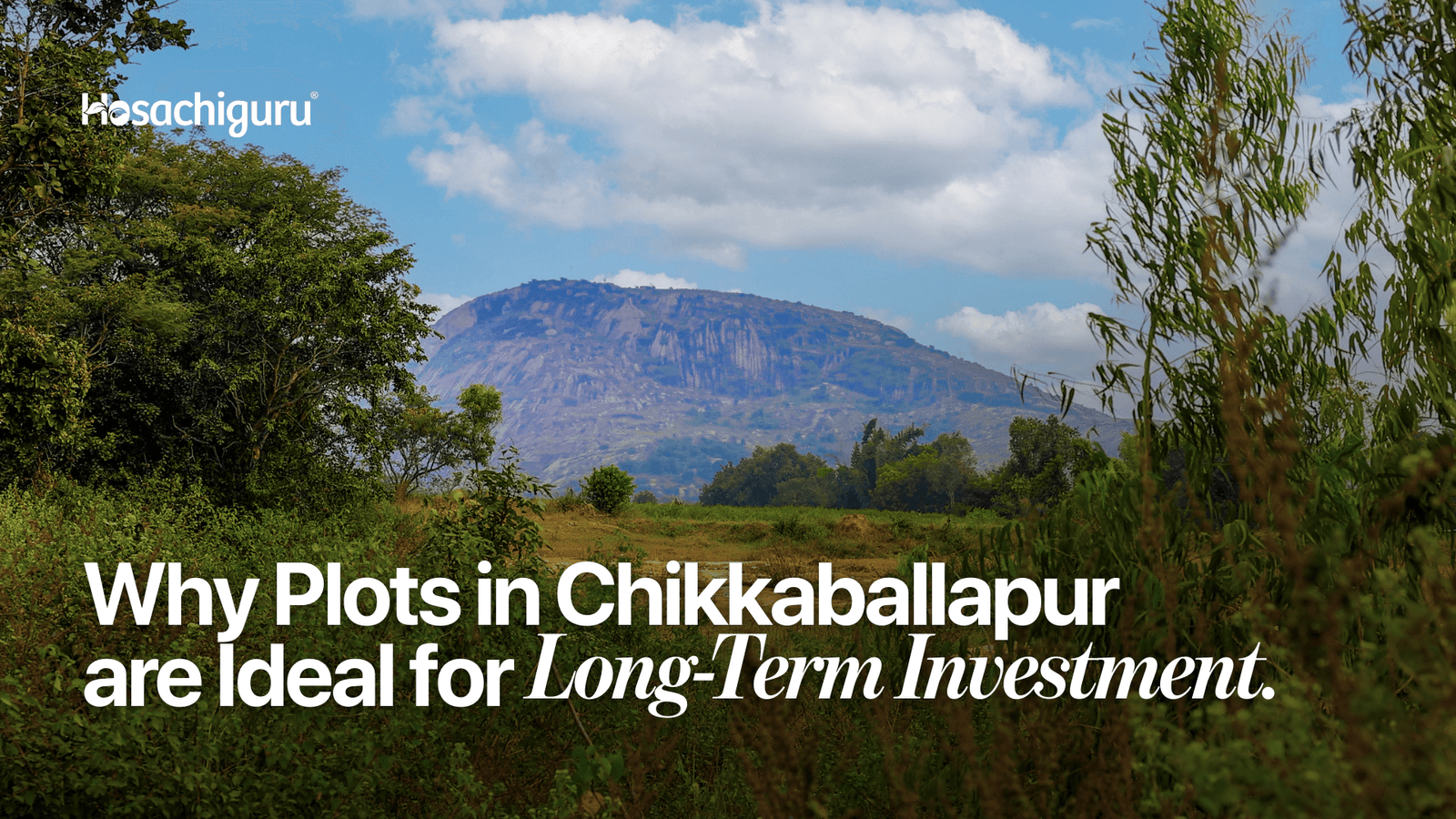Author- Srinivas Abhilash
Introduction
Among the diverse threads that compose our daily existence, few things hold as much significance as food. It is more than mere sustenance; it shapes who we are, inside and out.
The ancient wisdom of the Chandogya Upanishad reveals the profound significance of food in our lives. It emphasizes that food is not only essential for nourishing the body but also for nurturing the mind and spirit. According to the Upanishad, all beings arise from food, subsist on food, and ultimately merge back into it. It highlights that food is the fundamental source of energy and life.
In a concise Sanskrit verse, the Upanishad states, “annamaśitaṃ tredhā vidhīyate tasya yaḥ sthaviṣṭho dhātustatpurīṣaṃ bhavati yo madhyamastanmāṃsaṃ yo’ṇiṣṭhastanmanaḥ” (6.5.1). It reveals that when we consume food, it divides itself into three parts: the grossest part becomes excreta, the less gross part becomes our flesh, and the finest part becomes our mind. In these words, we unravel a profound truth—that the essence of the food we consume permeates our very being, shaping the physical, mental, and spiritual aspects of our existence, echoing the age-old saying, “We are what we eat,”
The statement “we are what we eat” emphasizes the profound impact our food choices have on our overall health and well-being. In comprehending the intense interplay between food and our existence, we begin to acknowledge its inherent power. Every morsel we consume becomes an opportunity—an offering to nurture not only our bodies but also our minds and spirits. It invites us to approach food with reverence, embracing the sacredness it holds.
Given the profound significance of food in shaping our physical, mental, and spiritual well-being, it becomes evident that ensuring the safety and quality of our food is of utmost importance. From the selection of seeds to the methods of cultivation and farming, the ethical harvesting practices, and the way food is prepared and consumed, every step along the food chain can influence our destiny. However, adopting a vigilant and conscious approach toward our food can lead to positive outcomes. A nation’s strength lies in the health and vitality of its individuals, and this is directly influenced by the food they consume.
Grow Your Food, Sow Your Own Safety : Empower Your Plate
- Growing your own food gives you control over what you cultivate, including seed choice, fertilizers, and pesticides. This ensures fresh, healthy produce without harmful chemicals, while promoting food sovereignty and empowering individuals to determine their own food systems.
- Homegrown food offers the unmatched pleasure of enjoying flavors, textures, and aromas. A tomato picked from your own garden, still warm from the sun, creates a unique sensory experience.
- Growing your own food contributes to global food security and sustainability. By reducing reliance on mass-scale agriculture, it lessens the need for transportation, packaging, and resources. This promotes a localized and eco-friendly food system, reducing the carbon footprint while supporting food sovereignty.
In an era of rising health concerns and soaring medical costs, it’s time for us to take back control. We’ve forgotten the root cause: the food we eat. Let’s reclaim our plates and prioritize nourishing, chemical-free food. The true heroes are family farmers who prioritize the land, people, and sustainability. They provide food with a story we know, nourishing both body and soul. Now is the pivotal moment to break free, reconnect with nature, and cultivate our own safety.
Read blog: Choose family farmer over family doctor
Achieving Food Safety through Food Sovereignty and Food Security
Food safety, food sovereignty, and food security are interconnected in achieving safe and accessible food for all.
- Food security ensures reliable availability, accessibility, and utilization of safe, nutritious, and culturally appropriate food. It enhances overall well-being and productivity.
- Food sovereignty emphasizes the rights of individuals, communities, and nations to control their food systems, prioritizing local needs over market forces.
Ensuring food safety is vital not only for food security but also for food sovereignty. It involves implementing practices and regulations that prevent contamination and preserve nutritional quality. When we grant control over our food systems through food sovereignty, we promote the production of safe, clean, and nutritious food, which contributes to our overall well-being.
By making intentional choices, we empower ourselves to take charge. Growing our own food allows us to resist manipulation and cultivate resilience as we embark on this collective journey. Whether it’s in our terrace gardens, backyards, front yards, or farmlands, we reclaim our autonomy and weave a vibrant tapestry of health. This pursuit of food safety through food sovereignty and food security reinforces our commitment to a nourishing and sustainable future.
Food Sovereignty, Food Security and Food Safety with Hosachiguru Managed Farmlands
At Hosachiguru-managed farmlands, we have democratized and decentralized farming. With a vision to equip every urbanite with a piece of agricultural land, we are prioritizing food sovereignty and food security where we empower individuals, families, and communities to make informed choices about their food production and consumption. This entails selecting high-quality, indigenous seeds that are well-suited to local environments, thus preserving biodiversity and promoting sustainability. Additionally, we employ responsible and regenerative farming practices such as organic/natural farming, agroforestry, and permaculture that help us minimize the use of harmful chemicals and protect ecosystems.
Ethical harvesting practices are followed at Hosachiguru which also play a vital role in ensuring food security for all living organisms on this earth. This aligns with the permaculture ethic of Fair Share, which emphasizes equitable distribution and responsible resource use. By practicing sustainable harvesting techniques, we share the surplus with animals, birds, and various living organisms, and consider the needs of future generations and by doing so, we promote fairness and sustainability. This approach ensures the long-term viability of resources and fosters a harmonious relationship between humans and nature.
Conclusion
On World Food Safety Day, take a crucial step towards ensuring safe, clean, and nutritious food. Join Hosachiguru as a co-farmer and embrace sustainable farming practices. Experience the joy of growing your own food while contributing to your family’s well-being and supporting the larger goal of promoting food safety for all.
Hosachiguru empowers urbanites through co-farming, enabling them to own and cultivate their own plots. This initiative provides access to clean, chemical-free, and non-industrialized nutritious food. By adhering to ethical farming practices and conscious cultivation, Hosachiguru ensures the production of safe, nourishing food that supports individual and community well-being.
By growing your own food, you have complete traceability and confidence in its safety. Take the first step today and become a co-farmer with Hosachiguru. Serve your family safe, clean, and nutritious food while experiencing the satisfaction of nurturing and harvesting your own crops. Be a Co-farmer with Hosachiguru and join the movement towards food safety and make a positive impact on your health and the well-being of future generations. Start your journey towards food safety now.

 07 Jun 2023
07 Jun 2023  6 Min
6 Min


